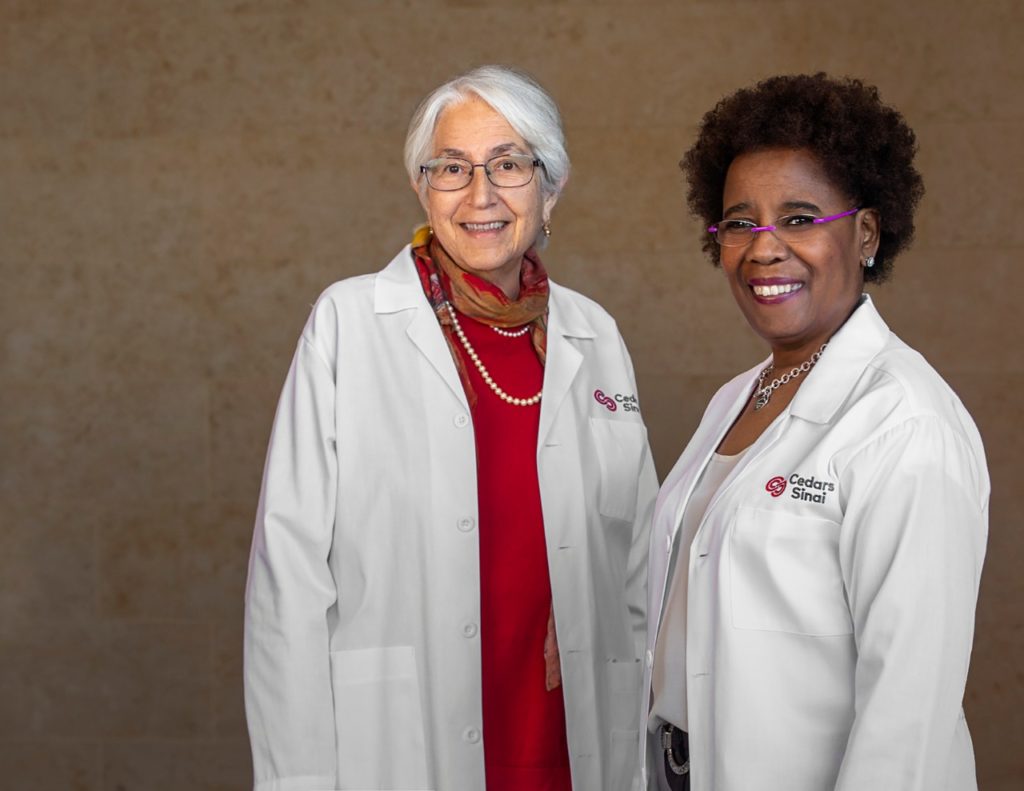Feature
Solving Problems with the Cedars-Sinai Nursing Research Team
Helping frail older adults retain their independence

The Nursing Research Department at Cedars-Sinai has a foot in both worlds: We support quality improvement efforts within our health system while also conducting research projects aimed at improving the health and wellbeing of the populations we serve, including our own nursing workforce.
Meet the Team
The research team consists of two Ph.D.-prepared nurse scientists, two Ph.D.-prepared social scientists, a research clinical nurse specialist and two data analysts, supported by a research coordinator and a management assistant. We were all drawn to this team by the intense desire to make a difference in real-world healthcare delivery. Our research agenda is heavily weighted toward health equity and clinician wellbeing.
For example, our director, Bernice Coleman, RN, Ph.D., a nurse practitioner in cardiac transplant, is studying why African-Americans have poorer transplant surgery outcomes, even controlling for other risk factors.
Our other Ph.D. nurse scientist, whose research has focused on nursing work environments, is currently seeking an objective measure for burnout during the COVID-19 pandemic, which will help in developing effective interventions to reduce provider burnout.
Into the Community
We’re currently in the midst of a large funded research project studying ways to prevent functional decline and injury/illness in older adults who live in low-income independent housing in the Los Angeles area. This project has an interesting history that took us from hospital admissions data to discharge transitions and eventually into community-based interventions.













